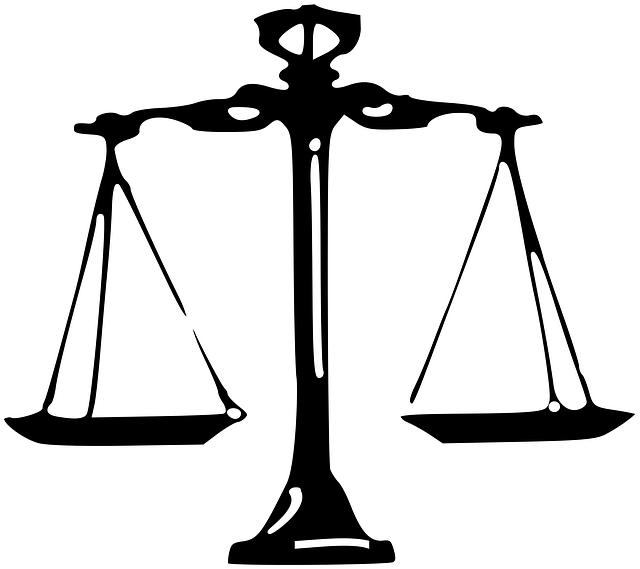Consumer protection laws, including the Statute of Limitations for Libel Cases (typically 1-4 years), safeguard consumers and maintain ethical standards in commerce. Understanding these deadlines is crucial for both plaintiffs and defendants to ensure fair outcomes and access to justice, impacting businesses' defense strategies while empowering consumers to protect their rights and promote transparent business practices.
Consumer protection suits are vital to ensuring fair business practices and safeguarding individual rights. These legal actions play a crucial role in holding companies accountable for misleading or deceptive conduct, thereby fostering trust in the market. Understanding consumer protection laws and their purpose is essential. This article delves into key aspects, including the Statute of Limitations for Libel Cases, guiding consumers through the legal landscape and empowering them to assert their rights effectively.
- Understanding Consumer Protection Laws and Their Purpose
- The Statute of Limitations for Libel Cases in Consumer Protection Suits
- Navigating Legal Actions and Rights as a Consumer
Understanding Consumer Protection Laws and Their Purpose

Consumer protection laws are designed to safeguard individuals from unfair business practices and ensure a level playing field for all market participants. These statutes aim to uphold ethical standards in commerce, protect vulnerable consumers, and foster trust in the marketplace. The purpose of such regulations is multifaceted, ranging from preventing fraud and deception to ensuring product quality and safety. One crucial aspect often associated with these laws is the Statute of Limitations for Libel Cases, which sets deadlines for consumers to take legal action against businesses.
Understanding the time frames and limitations is essential when navigating high-stakes cases. Consumers must act promptly to avoid indictment by missing the deadline, as this can significantly impact their ability to seek justice through jury trials. Knowing these rules is vital for both parties to ensure fair outcomes and to navigate the complex legal landscape effectively.
The Statute of Limitations for Libel Cases in Consumer Protection Suits

In consumer protection suits involving libel cases, understanding the Statute of Limitations is paramount. The time frame within which legal actions can be initiated varies across jurisdictions, but typically ranges from one to four years from the moment the alleged defamatory statement was made or published. This legal concept sets a deadline for individuals to assert their rights, ensuring that claims are pursued promptly and fairly.
Knowing the applicable Statute of Limitations is crucial for both plaintiffs and defendants in these complex cases. For consumers, it’s essential to act within the designated period to protect their rights and seek justice. On the other hand, businesses engaging in white collar defense strategies must be prepared to navigate these time-bound rules, aiming for winning challenging defense verdicts while considering the philanthropic and political communities’ interests in transparent business practices.
Navigating Legal Actions and Rights as a Consumer

Navigating legal actions as a consumer can be a complex and often intimidating process. When faced with an issue involving consumer protection, it’s crucial to understand your rights and the available options. The first step is to familiarize yourself with relevant laws and regulations, such as those outlined in the Statute of Limitations for Libel Cases, which dictates the time frame within which legal action must be taken. This knowledge empowers consumers to take proactive measures and protect their interests effectively.
For his clients, understanding these rights is paramount. By knowing what constitutes a violation and when to take action, consumers can seek complete dismissal of all charges against them. It encourages businesses to uphold ethical practices and ensures that consumers are not left vulnerable to unfair treatment. This process fosters transparency and accountability within the respective business landscape.
Consumer protection suits are a vital mechanism ensuring businesses hold up to their responsibilities. By understanding the purpose and scope of consumer protection laws, individuals can assert their rights effectively. The Statute of Limitations for Libel Cases plays a crucial role in these proceedings, offering a defined timeframe within which legal actions can be initiated. Navigating these legal actions equips consumers with the knowledge to protect themselves and foster fair business practices.






